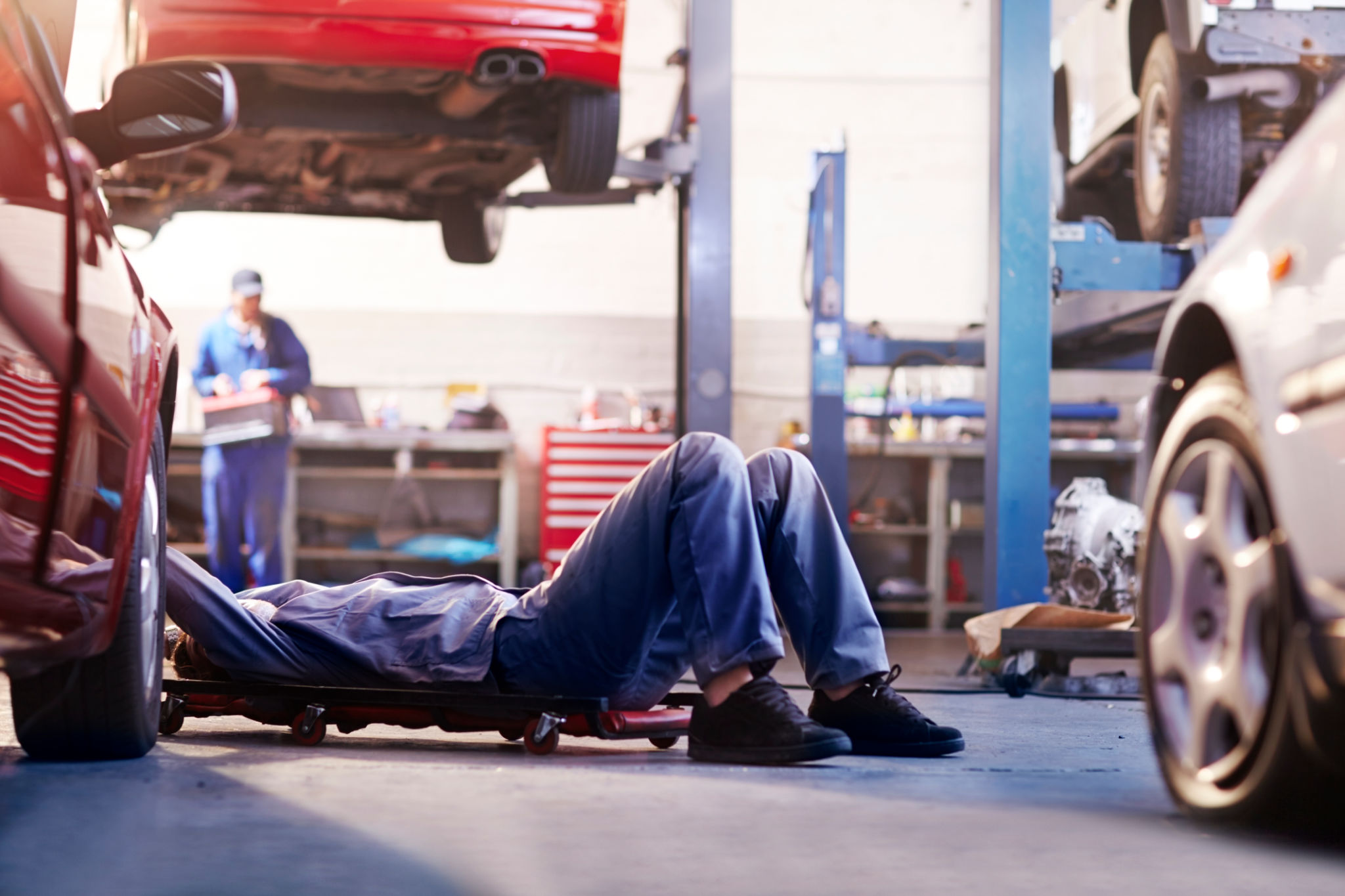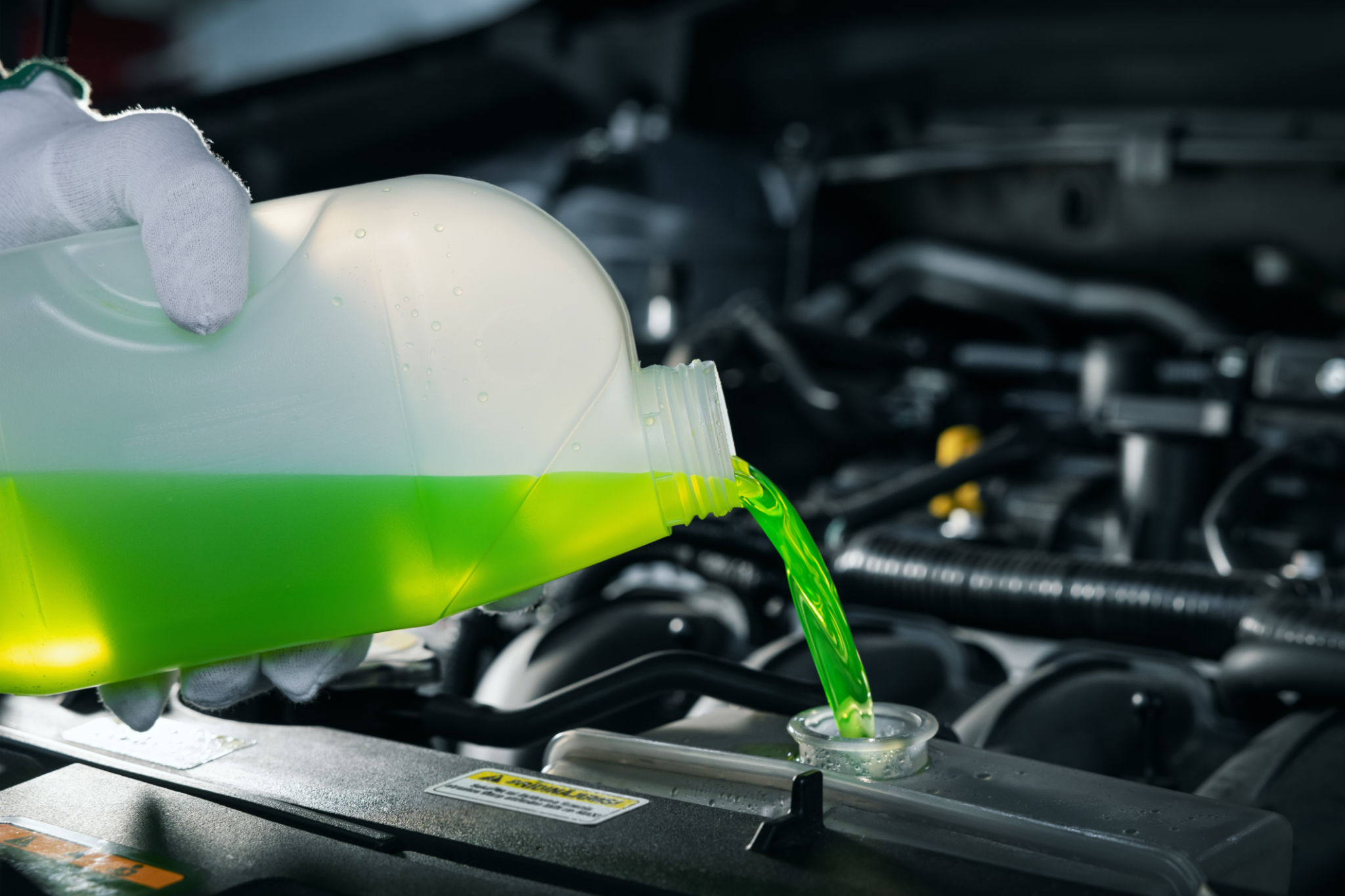DIY EV Maintenance: What You Can Do at Home and When to Call the Pros
Introduction to DIY EV Maintenance
Electric vehicles (EVs) are becoming increasingly popular as a sustainable alternative to traditional gasoline-powered cars. While they require less maintenance than their internal combustion counterparts, there are still some tasks that EV owners can perform at home to keep their vehicles running smoothly. Knowing when to tackle a job yourself and when to call in a professional is key to maintaining your EV’s performance and longevity.

Basic Maintenance Tasks You Can Do at Home
Checking Tire Pressure and Condition
Maintaining proper tire pressure is crucial for any vehicle, but it's especially important for EVs to ensure optimal range and efficiency. Check the tire pressure regularly and adjust it according to the manufacturer’s recommendations. Additionally, inspect the tires for any signs of wear or damage, such as cracks or uneven tread wear.
Battery Health Monitoring
While you can't perform detailed battery diagnostics without specialized equipment, you can monitor your EV's battery health using the onboard computer system. Keep an eye on the state of charge and ensure that the battery is holding charge as expected. If you notice any significant drops in performance, it might be time for a professional evaluation.

When to Call the Professionals
High-Voltage System Repairs
EVs contain high-voltage components that can be dangerous if handled improperly. Any repairs or maintenance involving the high-voltage battery or associated systems should be left to certified technicians. Attempting to service these parts without the proper knowledge and equipment can lead to serious injury or damage.
Software Updates and Diagnostics
As vehicles become more technologically advanced, software updates and diagnostics play a crucial role in maintaining performance. While some updates can be done over-the-air, others may require specialized tools and expertise. If you're experiencing software-related issues or your vehicle alerts you to needed updates, it's best to consult a professional.

Advanced Maintenance for Enthusiasts
Brake System Inspection
Regenerative braking systems in EVs reduce wear on traditional brake components, but regular inspections are still necessary. Enthusiasts with mechanical knowledge can check brake pads and rotors for wear. However, any significant issues should be addressed by professionals to ensure safety.
Coolant System Checks
EVs use coolant systems to manage battery and motor temperatures. Checking the coolant levels and condition is an essential maintenance task. If you notice any coolant leaks or temperature irregularities, it’s advisable to seek professional assistance.

Conclusion: Balancing DIY and Professional Maintenance
Maintaining an electric vehicle doesn't have to be daunting. By handling basic tasks at home and knowing when to call in the pros, you can keep your EV in top condition. Always prioritize safety and consult your vehicle's manual for specific maintenance guidelines. With the right balance of DIY efforts and professional help, your EV will serve you efficiently for years to come.
